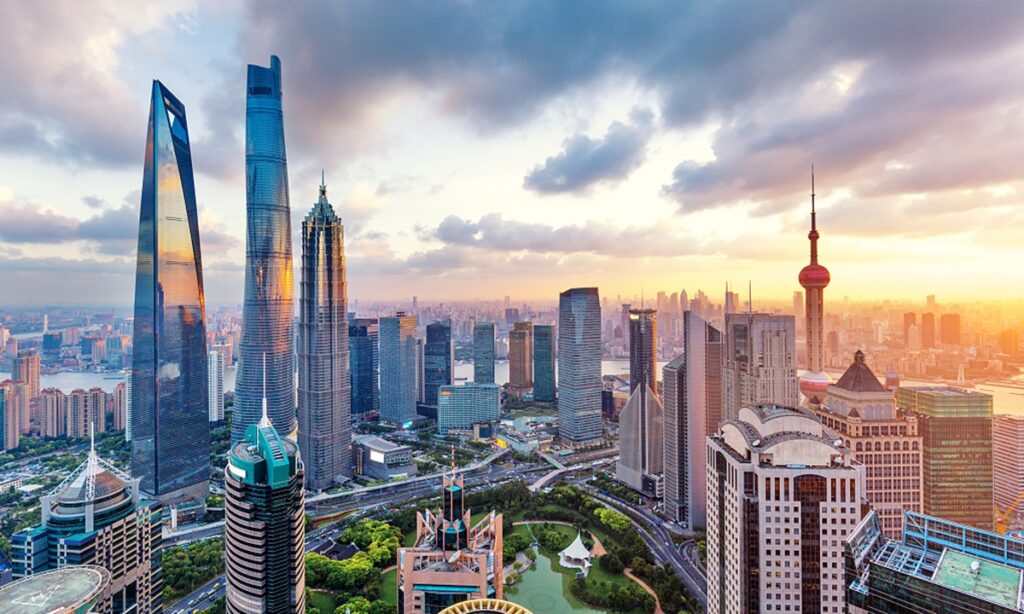Among the discussions surrounding how much vitality China’s further optimization of COVID-19 response will unleash for the Chinese economy, one thing seems certain that China’s economic recovery will inject more certainty into Asia’s economic development in 2023.
Thailand, Singapore, and China’s Hong Kong will likely be the biggest beneficiaries as the more and more optimized prevention and control measures are expected to stimulate demand for imports and overseas travel, Goldman Sachs economists wrote in a note, Bloomberg reported on Monday.
While the Goldman Sachs report only acknowledges the impact China will have on regional trade and travel, it is important to note that the economic growth momentum released from optimized anti-COVID-19 measures will have far more economic implications for Asian economies. As the world’s largest manufacturing power, China has always been an important player in the Asian supply chains and the global industrial chains. Therefore, when China manages to gradually emerge from the adverse impacts of the epidemic, cooperation and communication between China and other Asian economies will be strengthened, bringing new opportunities across the regional industrial chain, trade chain and manufacturing investment.
Over the past few years, the COVID-19 epidemic has not shaken the foundation of the Chinese economy. There is no denying that due to the multiple impacts from the epidemic situation and complex changes in the external environment, China’s economic development has been coping with pressure and certain new challenges. Yet, China’s long-term economic fundamentals remain sound and the continued momentum of economic recovery has not changed. For instance, China’s foreign trade has continued to go against the trend, recording continuous growth and hitting new highs, while the Chinese manufacturing has made positive contribution to maintaining the stability of the global industrial chains and supply chains.
To a certain extent, the sound foundation explains why there is widespread confidence that China will see new bright spots in economic development after optimization of epidemic prevention measures. The release of consumption potential is certainly an important aspect that will support the economic recovery. When China announced last week the ten guidelines on anti-epidemic measures that include the lifting of restrictions on cross-provincial travel, searches for air tickets on China’s online travel agency Trip.com surged over 160 percent, with searches for travel during the Spring Festival holidays jumping to a 3-year high.
Moreover, the strong endogenous impetus of the Chinese economy also plays a part. So far, provinces including East China’s Jiangsu, Zhejiang, Fujian, Southwest China’s Sichuan, and South China’s Guangdong have organized charter flights carrying business delegations to go overseas to seek business. There is no doubt that as China gradually walks out of the shadow of the epidemic, the Chinese society as a whole will be engaged in a new battle to give rise to the economic momentum as much as possible.
During the process, the regional industrial chain and trade will usher in new opportunities for reconnection and expansion, which is the biggest development dividend in Asia. In fact, international investors may have already noticed the investment opportunities China’s optimized anti-COVID-19 measures will bring to Asia. Foreign investors added $37.4 billion to emerging market portfolios in November, the highest monthly number since June 2021, according to media reports.
For many Asian economies, the regional industrial chain has suffered great shocks over the past few years due to the impact of the epidemic. Also, they are facing the grim prospects of the growing possibility of a recession in the US and economic contraction in the EU in 2023.
At this juncture, a recovering Chinese economy that is eager to strengthen trade and economic cooperation with the region will certainly be the opportunity that cannot be missed for Asian economies, especially those emerging ones, which are in urgent need of relief from economic pressure and external shocks.
(Global Times)




